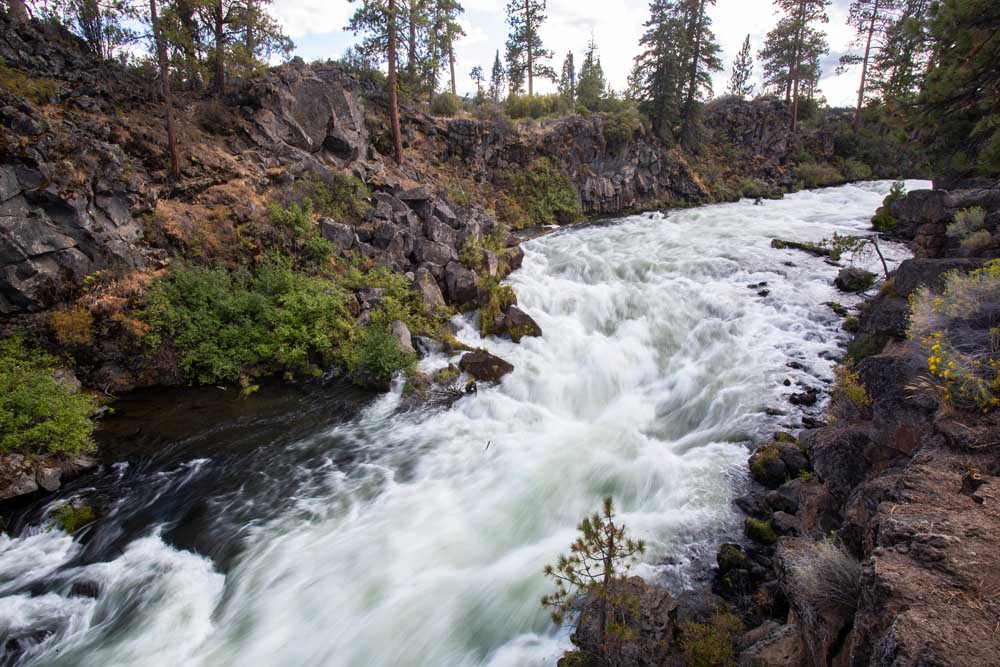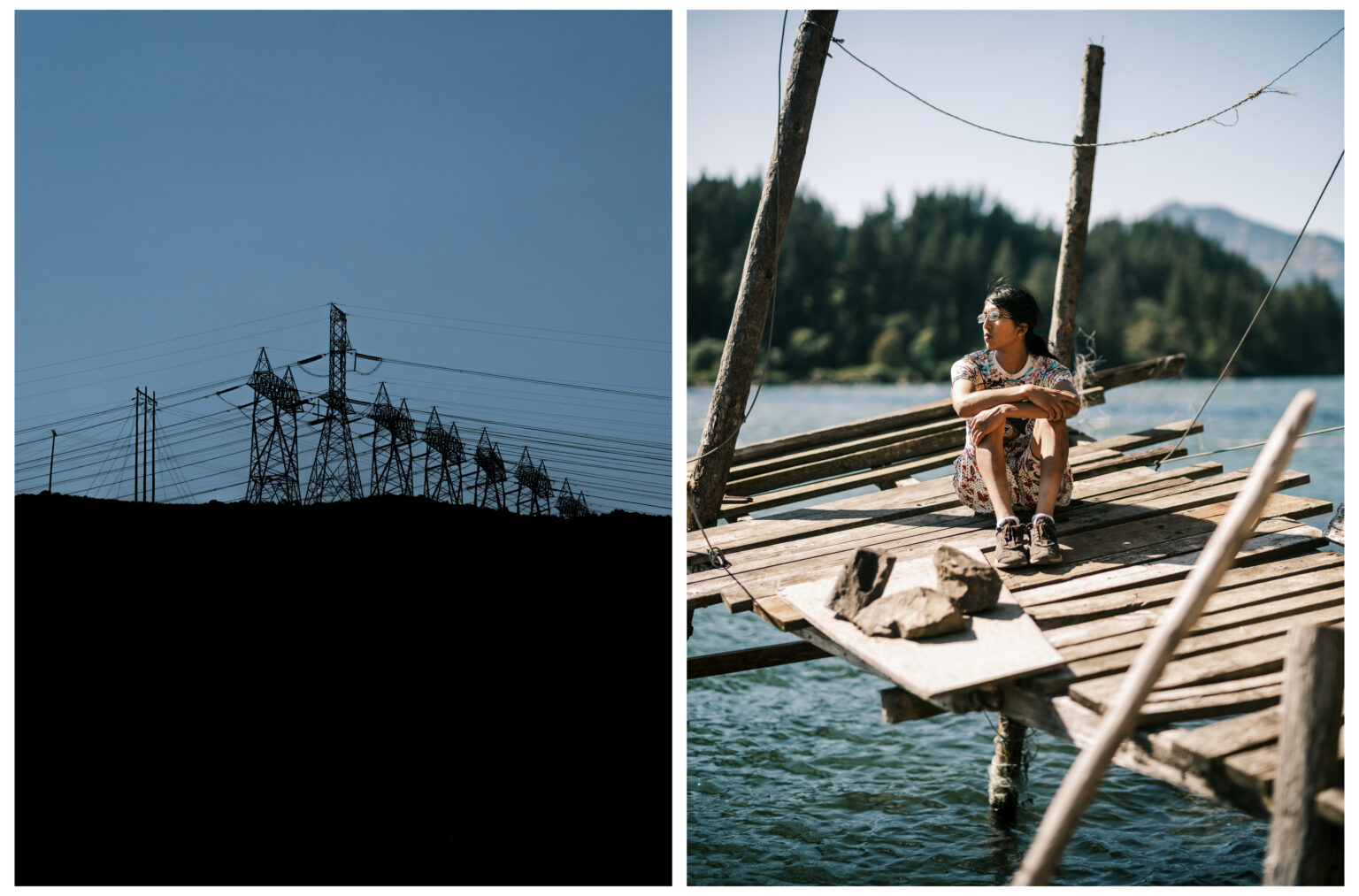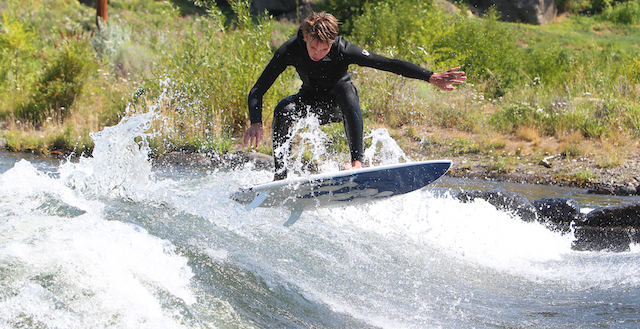Bill in Oregon legislature offers hope for improved water distribution in Deschutes Basin
Published 2:20 pm Wednesday, May 28, 2025
A bill designed to improve flows in the Deschutes River and increase water availability for junior water rights holders is making its way through the Oregon Legislature and could be passed this summer.
House Bill 3806, also known as the Deschutes water bank bill, could help in a decades-long effort to allow water to move more easily to where it’s most needed.
The Joint Ways and Means Committee on Natural Resources in the Legislature plans to review the bill Thursday. The bill has already been approved by the House Committee on Natural Resources Land Use Agriculture and Water.
The water bank bill is designed to break down barriers that have prevented sharing water in the Deschutes Basin, potentially helping junior water rights holders and the Deschutes River.
“It’s hard to move water,” said Jeremy Austin, wild lands and water program director for Central Oregon LandWatch. “In theory, this water bank would help to expedite the process of sharing water.”
Under Oregon’s water law, water rights holders are required to use water on their property at least once every five years. Landowners who do not use the water to green up their property risk losing their water right.
Losing a water right often devalues a property so many landowners take water they don’t need simply to keep their water right active.
The water bank bill offers landowners a loophole, allowing them to give up their water without risk of losing their water right. It does this by designating water going into the bank as “beneficial use” under Oregon water law. This refers to the purposeful use of water accepted by the Oregon Water Resources Department.
“There is a fear in our basin that if you do not use it you will lose it, when we are talking about water rights. This bank should assuage those concerns for people,” said state Sen. Anthony Broadman, D-Bend, a sponsor of the bill.
The bill sets up an eight-year pilot project to ascertain if the goals of the project are being met. Austin says the water bank will help agricultural users, municipalities and the Deschutes River.
“It’s a sort of win-win-win of trying to put in a structure that helps us to better share water to meet the different needs in the Basin,” said Austin.
The bill requires passage by the Joint Ways and Means Committee on Natural Resources before it can go to the full House and Senate for a vote.
If it’s passed, the bank would be managed by the Bend-based Deschutes River Conservancy, in partnership with participating irrigation districts and cities. The program also requires approval by the Confederated Tribes of Warm Springs.
The pilot program is voluntary. No landowner is obligated to put water into the water bank and no irrigation district is required to participate.
“This (pilot program) makes a ton of sense,” said Broadman. “We want to incentivize water conservation. If somebody decides they want to use less they should be allowed to without fearing that they’re going to lose their water right long term.”
Patrons who take water from the bank must pay for it and those that give up water are compensated. Patrons in North Unit Irrigation District in Jefferson County, a junior water rights holder, are expected to be the main buyers of water.
The Deschutes River would benefit because a certain percentage of water going into the bank would have to be put instream.
“The bill is designed to make it easier to move water from those who may not need it, or need as much in a given year, to farmers that do and to the river,” said Kate Fitzpatrick, executive director of the Deschutes River Conservancy. “It also provides opportunities for growing cities to meet water supply needs.”
Exactly how much water this pilot project will save is not yet clear, said Broadman. That will be determined after the bill goes into effect.
“I think the proof will be where we are at the end of the eight-year pilot program. And that’s why it’s important to try these kinds of efforts, with a lot of collaboration, a lot of study and a lot of transparency,” he said.










